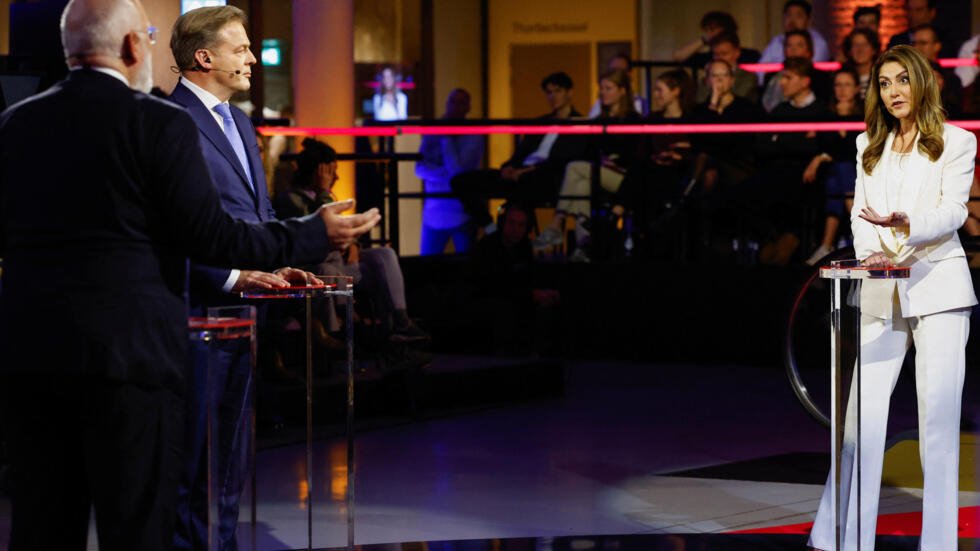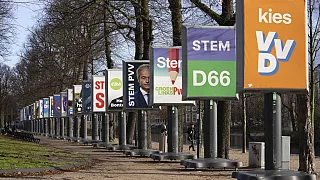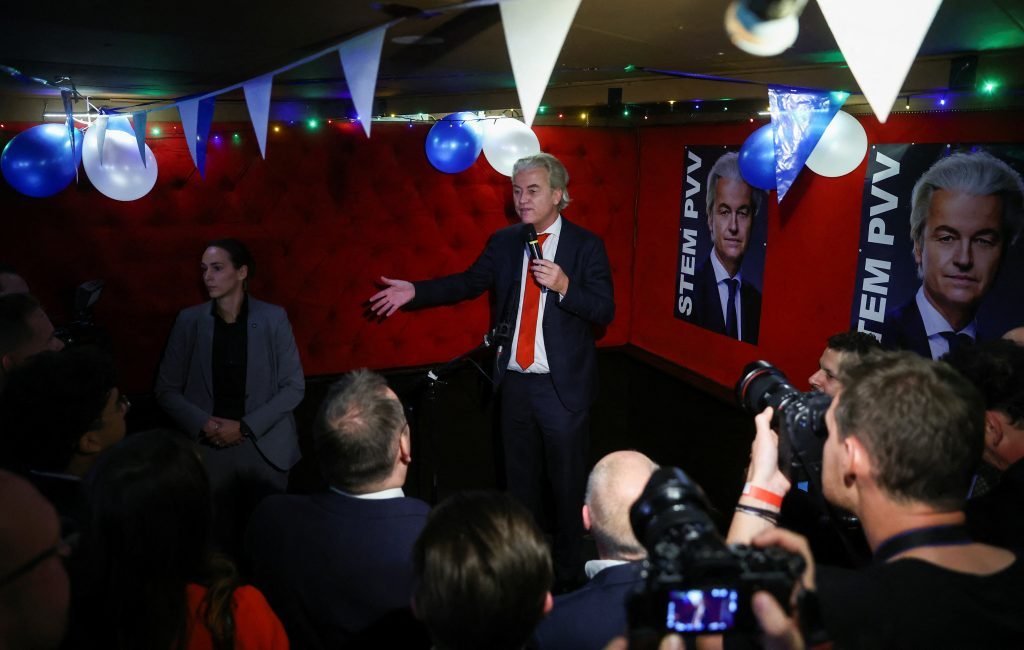Geert Wilders and the Dutch Political Landscape
In a pivotal moment for Dutch politics, the recent parliamentary elections have propelled Geert Wilders, the leader of the far-right Freedom Party (PVV), into the spotlight with an unexpected victory. The exit poll results, defying predictions, place Wilders at the forefront with 35 out of 150 seats, significantly ahead of his closest rival, Frans Timmermans’ Labour/Green Left combination. This outcome marks a potential shift in the political landscape of the Netherlands.
Wilders, a vocal anti-EU populist, has been a controversial figure, known for his strong anti-immigration stance. In his victory speech, he emphasized his commitment to ending what he termed an “immigration tsunami.” This victory speech reflects not only the triumph of a political leader but also signals a growing sentiment of discontent among voters regarding immigration-related issues.

The unexpected margin of victory underscores the resonance of Wilders’ views with the electorate, particularly on concerns such as housing shortages, the cost of living, and strains on the healthcare system. His ability to tap into these concerns has positioned him as a key player in shaping the political discourse in the Netherlands.
This victory follows a broader trend in European politics, echoing populist wins in countries like Slovakia and Italy. Wilders’ success, akin to Hungary’s Viktor Orban, not only reflects dissatisfaction with the EU but also highlights a push for stricter immigration policies and a nationalist agenda.

Internationally, Wilders’ anti-Islam comments have been met with controversy, resulting in death threats and requiring him to live under heavy police protection. The implications of his victory are not confined to national borders; they extend to the diplomatic arena, as his views on Islam and immigration have stirred protests in countries with substantial Muslim populations.
Within the Netherlands, Islamic and Moroccan organizations express concerns about potential repercussions for their communities. The fear of being portrayed as second-class citizens adds a layer of complexity to the societal impact of Wilders’ victory.

In the realm of European politics, Wilders’ anti-EU stance, advocating for border control, reduced payments to the EU, and resistance to new member entries, aligns with the rise of nationalist ideologies. However, forming a government may prove challenging, given the differing views on Wilders’ anti-Islam stance with potential coalition partners like the conservative VVD and ‘New Social Contract.’
READ MORE POLITICAL AND INTERESTING ARTICLES Election Stakes Ohio Abortion Rights, Kentucky Governor, Virginia Legislature
As the Netherlands navigates this political shift, discussions around immigration, national identity, and collaboration with EU partners are expected to take center stage. Wilders’ victory signifies a transformative period in Dutch politics, sparking debates on the role of anti-immigration policies, the impact on diplomatic relations, and the overall direction of the nation.

In the aftermath of these elections, the attention now turns to government formation and coalition talks. The dynamics of political collaboration, policy shifts, and societal responses will play a crucial role in determining the long-term implications of Geert Wilders’ political triumph for the Netherlands and its place within the broader European political landscape
